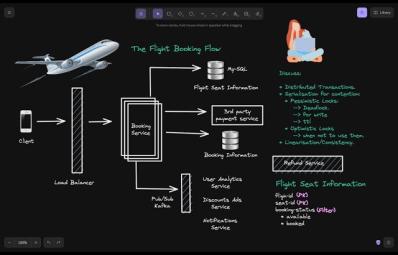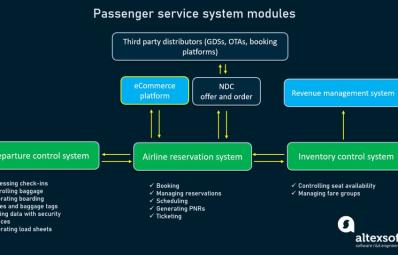Posted At: Feb 27, 2025 - 123 Views

Introduction
The global economy is shaped by international trade policies, where countries debate between trade protectionism and economic liberalization. Protectionism aims to shield domestic industries from foreign competition, while free trade fosters growth, innovation, and global market efficiency.
This discussion explores key arguments for and against trade protectionism, the impact of globalization, and real-world examples like U.S. steel tariffs, E.U. agricultural subsidies, and the RCEP agreement.
🚀 Download the Full Discussion (PDF): Click Here
1. Trade Protectionism: Shielding Domestic Industries?
📌 Key Argument: Government intervention can protect jobs and industries, but long-term competitiveness requires market exposure.
🔹 Arguments in Favor of Protectionism:
✔ Shields domestic industries from unfair foreign competition.
✔ Protects local jobs in vulnerable sectors.
✔ Can address trade imbalances and foreign subsidies.
🔹 Criticisms of Protectionism:
✔ Increases costs for consumers and downstream industries (e.g., 2002 U.S. steel tariffs).
✔ Creates market inefficiencies & reduces global competitiveness.
✔ Often politically motivated rather than economically justified.
💡 Takeaway: While targeted short-term protections may be useful, long-term trade barriers often do more harm than good.
2. Globalization & Free Trade: Benefits & Challenges
📌 Key Argument: Economic liberalization fosters growth, but requires careful regulation.
🔹 Benefits of Free Trade & Globalization:
✔ Resource Allocation Efficiency – Countries specialize in industries where they have a comparative advantage.
✔ Economies of Scale – Larger markets drive higher production efficiency.
✔ Increased Consumer Choices – Trade expands access to products and services worldwide.
🔹 Challenges of Globalization:
✔ Can harm domestic industries if they fail to adapt.
✔ Increases dependency on global supply chains, leading to economic vulnerabilities.
✔ Income inequality can rise if wealth is not distributed equitably.
💡 Key Insight: Governments should balance globalization with policies that support domestic industry adaptation.
3. Case Studies: The Impact of Trade Policies
📌 Case Study 1: 2002 U.S. Steel Tariffs
✔ Aimed at protecting American steel manufacturers.
✔ Resulted in higher costs for automakers & construction industries.
✔ Demonstrated short-term relief but long-term inefficiencies.
📌 Case Study 2: The RCEP Agreement & Regional Trade Liberalization
✔ The Regional Comprehensive Economic Partnership (RCEP) promotes trade integration in Asia-Pacific.
✔ Reduces tariffs & trade barriers, fostering economic growth.
✔ Demonstrates how cooperative trade agreements boost regional sustainability.
💡 Strategic Takeaway: Countries benefit most when they combine open trade with strategic economic policies.
4. Practical Applications for Businesses & Policymakers
✔ Governments: Should focus on short-term support & long-term market adaptation.
✔ Businesses: Must invest in innovation & efficiency to remain competitive globally.
✔ Consumers: Benefit from lower prices and more product variety in open markets.
💡 Best Strategy: A hybrid approach combining fair trade policies with innovation-driven competitiveness is the most sustainable path forward.
Conclusion
The trade protectionism vs. free trade debate is complex and industry-dependent. While protectionist policies may offer short-term relief, long-term success requires global market participation, innovation, and adaptation. Governments, businesses, and consumers must navigate these trade-offs carefully to ensure sustainable economic growth.
📥 Download Full Discussion (PDF): Click Here
Related International Trade Resources 📚
🔹 How Trade Policies Shape Global Competitiveness
🔹 The Pros & Cons of Protectionism in a Global Economy
🔹 Trade Agreements & Economic Growth: Lessons from RCEP
📌 Need expert research on global trade policies? 🚀 Our professional writers at Highlander Writers can assist with business essays, case studies, and economic policy analysis!
Leave a comment
Your email address will not be published. Required fields are marked *










